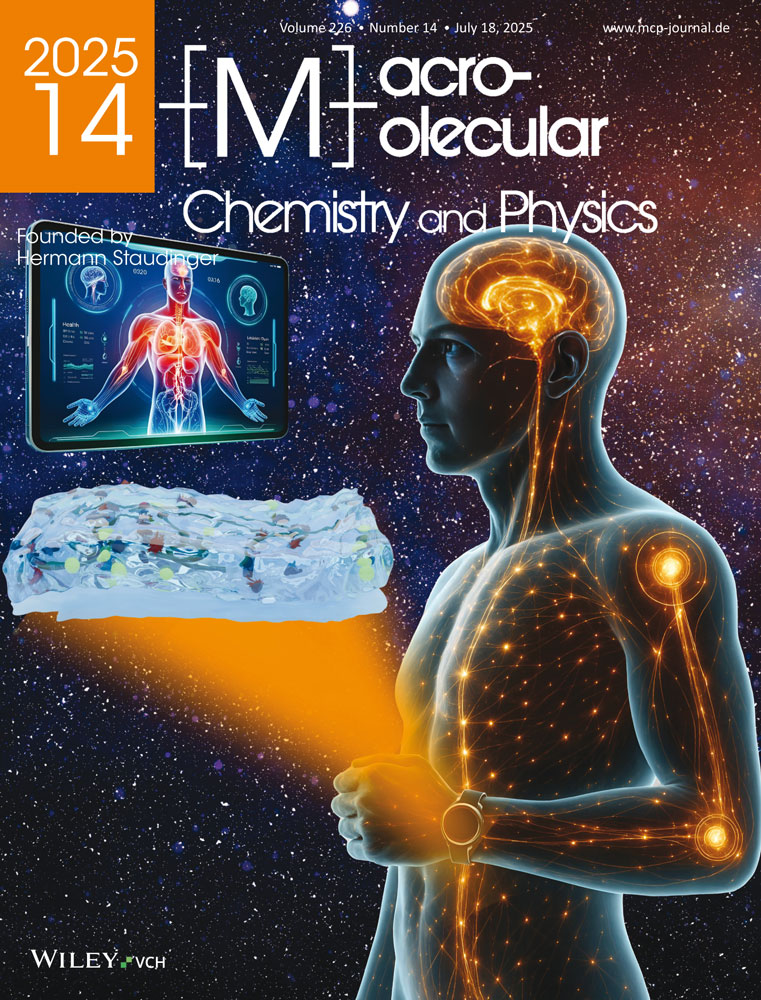MgCl2-supported catalysts for the propylene polymerization: effects of triethers as internal donors on the activity and stereoselectivity
Abstract
The effects of triethers as internal donors on the activity and stereoselectivity of MgCl2-supported Ziegler-Natta type catalysts in the propylene polymerization were studied. In particular, we prepared and fully characterized some procatalysts of the type δ-MgCl2/ID/TiCl4, where ID are internal donors such as di(ethyleneglycol) diethyl ether (DEGDEE) and di(ethyleneglycol) dimethyl ether (DEGDME). By aging these procatalysts with AlEt3 (cocatalyst) we obtained δ-MgCl2/ID/TiCl4/AlEt3 catalytic systems, which were tested in the propylene polymerization in order to evaluate their catalytic performance. All polymerizations were carried out in the absence of both external donors (ED) and hydrogen. The productivity and the properties (Mw, Mn, Mw/Mn, and isotacticity index (I.I.)) of the polymers obtained were determined and the results compared with those obtained by using catalysts either lacking an internal donor or with ethyl benzoate as internal donor. The comparison pointed out that the presence of triethers lowers the productivity of the catalysts and increases their stereoselectivity. Polydispersity is also remarkably enhanced suggesting that a multiplicity of active catalytic sites characterized by different environments is present.




